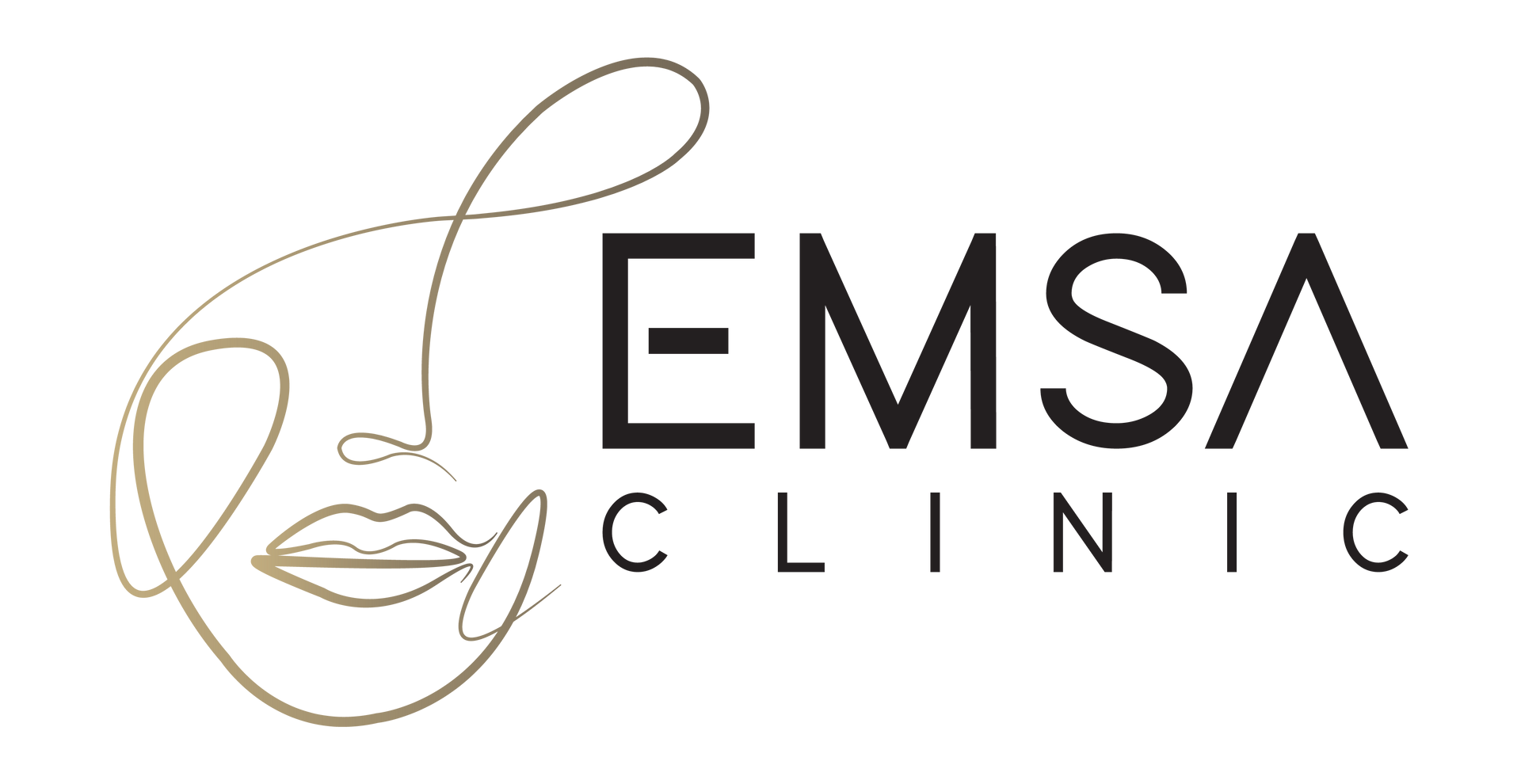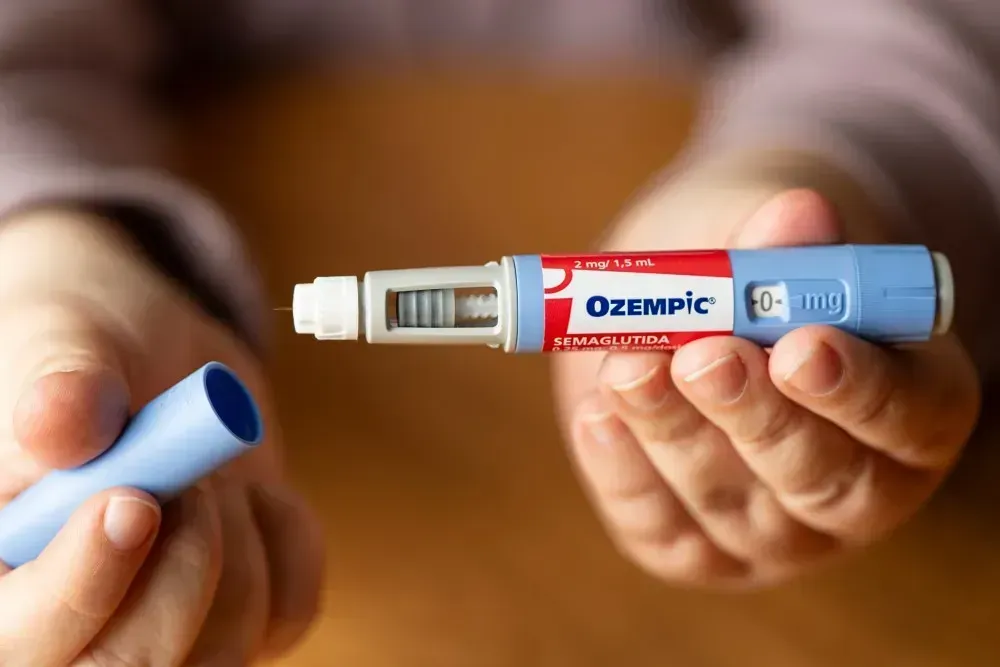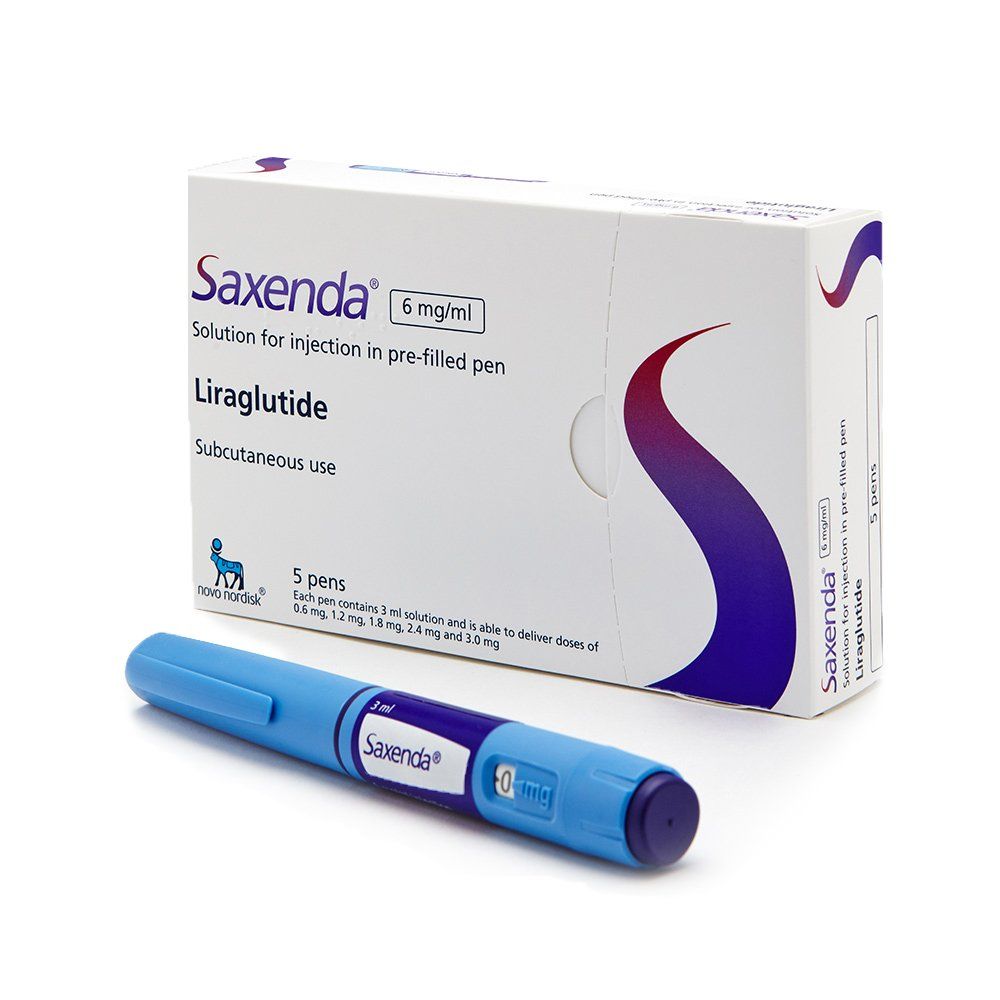Hair Removal


OUR PATIENT CONCERNS
What is Weight Loss?
Weight loss is the process of reducing body weight, typically by losing fat, muscle, or water. It usually happens when the body uses more energy (calories) than it takes in through food and drink. This can be achieved through healthy eating, exercise, or medical treatments. Weight loss can be intentional for health or appearance, or unintentional due to illness.
What Causes Weight Loss?
Weight loss can be caused by a variety of factors, which fall into two main categories:
1. Intentional Causes
These are controlled efforts to lose weight:
- Caloric deficit (eating fewer calories than the body burns)
- Exercise (increased physical activity)
- Diet changes (low-carb, low-fat, or intermittent fasting)
- Medical treatments (weight loss medications or surgery)
2. Unintentional Causes
These occur without trying and may indicate a health problem:
- Chronic illnesses (e.g., cancer, diabetes, HIV/AIDS)
- Infections (e.g., tuberculosis, parasites)
- Mental health issues (e.g., depression, anxiety, eating disorders)
- Hormonal imbalances (e.g., hyperthyroidism)
- Digestive problems (e.g., celiac disease, Crohn’s disease)
- Medications (some drugs cause appetite loss or increase metabolism)

Types of Weight Loss:
- Intentional Weight Loss
Achieved through dieting, exercise, or medical/surgical interventions. It’s usually pursued for health improvement, appearance, or athletic goals.
- Unintentional Weight Loss
Occurs without trying, and may signal underlying medical conditions such as infections, cancer, hyperthyroidism, or mental health disorders.


Common Methods of Intentional Weight Loss:
1. Dietary Changes:
One of the most effective methods for intentional weight loss is making dietary changes.
- Caloric Deficit: Eating fewer calories than you burn.
- Low-Carb Diets (e.g., Keto, Atkins): Reduce carbs to encourage fat burning.
- Low-Fat Diets: Limit fat intake to lower calories.
- Intermittent Fasting: Eating only during certain time windows (e.g., 16:8 method).
- Balanced Diet: Emphasizing whole foods, fruits, vegetables, lean proteins, and whole grains.
2. Physical Activity:
Regular physical activity is a key component of intentional weight loss.
- Cardio (e.g., walking, running, cycling): Burns calories and improves heart health.
- Strength Training (e.g., weightlifting): Builds muscle, which boosts metabolism.
- High-Intensity Interval Training (HIIT): Short bursts of intense activity for fast calorie burn.


3. Medical Support:
For individuals with obesity or weight-related health conditions,
medical support may be necessary.
- Prescription Medications: For people with obesity or weight-related conditions.
- Meal Replacement Programs: Supervised diets using shakes or bars.
- Weight Loss Surgery: Such as gastric bypass or sleeve gastrectomy, used in severe cases.
Problems We Treat
Before and After Treatments
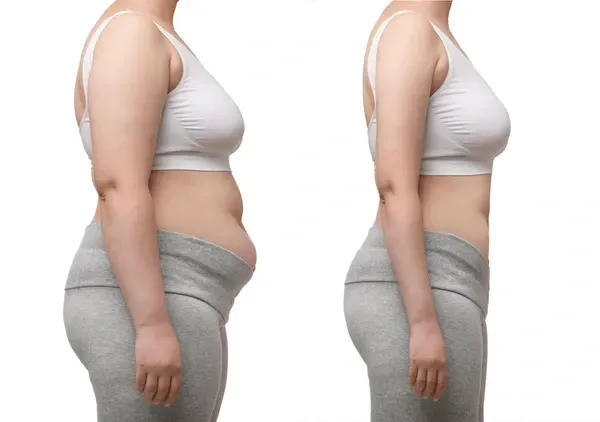
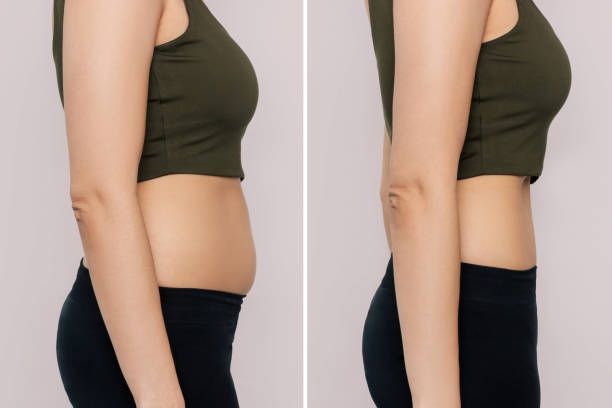

Weight Loss Treatment
We are using the best Treatment, along with experienced doctors who are able to offer a catered solution, just to maximize the result

